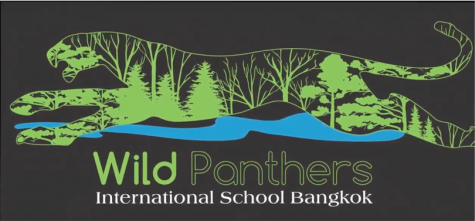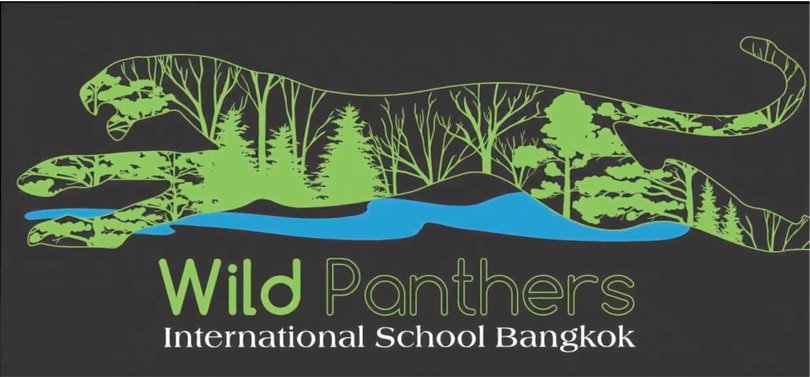Into The Wild
November 6, 2017

One of the many additions to ISB over the summer was the Environmental Wilderness Campus, located in Petchaburi, a few hour’s drive from ISB. The facility offers amazing opportunities for all areas of academics, from geography and science fieldwork to sports, band and choir retreats, and is a great way for the students of ISB to learn about and discover the natural environment of Thailand.
The EWC Philosophy
“Recognizing the need for students to be more engaged in real world situations, applying skills and knowledge in an authentic setting, ISB has developed a world class Environmental Wilderness Campus (EWC) 2.5 hours Southwest in the Nong Ya Plong District, Petchaburi Province.
With a swimming pool, air conditioned accommodation and a large multipurpose classroom, cafeteria and medical room, the EWC offers world class facilities and a base from which to explore the area.
This facility offer accommodation for up to 60 students and staff, in a peaceful and spectacular setting, on the banks of the Mae Prachan Reservoir.
Be it cultural or sports retreats, hosting artists and authors in residence or exploring the lake in the canoes and kayaks, this is a versatile and dynamic center for learning.”
In addition to the campus, the facility houses the Wild Panthers Outdoor Education Team, who are hosting programs in the Middle School as part of their curriculum. One of their mission statements is “Through experiential outdoor education, students establish a connection with nature in order to discover a balance between real and virtual worlds.” The Outdoor Education program is one of the many ways that the EWC can be used to further student’s experiences and engagement with the world.
The Wild Panthers Philosophy
Experiential Outdoor Education is an integral component of a student’s education at ISB. Through the development of skills, attitudes and values our Experiential Outdoor Education program empowers students to take on challenges, apply problem-solving strategies in real-life situations and to develop character skills in order to build a resilience allowing them to thrive both at ISB and in the years beyond.
Through experiential outdoor education, students establish a connection with nature in order to discover a balance between real and virtual worlds. Engaging in learning via multiple environments helps develop competence and confidence in familiar and unfamiliar settings. Experiential Outdoor Education allows students to step outside traditional boundaries as they connect with nature, offering students opportunities to thrive in multiple settings.
The Experiential Outdoor Education program enhances the traditional education model and is designed to help students to:
- Develop a renewed sense of responsibility, organization and a belief that perseverance can overcome adversity.
- Develop a variety of strategies for solving complex real world problems unseen in a typical school day.
- Develop an awareness of how pressure impacts decision making and gain experience in dealing with these pressures especially in group situations.
- Be able to transfer the new skills and knowledge to not only their student life, but more importantly to life beyond school.
- Develop a variety of personal and collaborative tools and the commitment to take action.
Each of the Middle School grade levels will get a chance to take a field trip to the EWC, to lean about nature and develop skills in a real-life environment. In addition to this, the High School IB Geography classes may also get a chance next year to visit this location and study an open natural habitat to see the real-life applications of their learning. The EWC is a great addition to ISB’s many resources to educate and enrich student learning, and will definitely be interesting to see grow and develop in the years to come.
Raphael Romasanta
